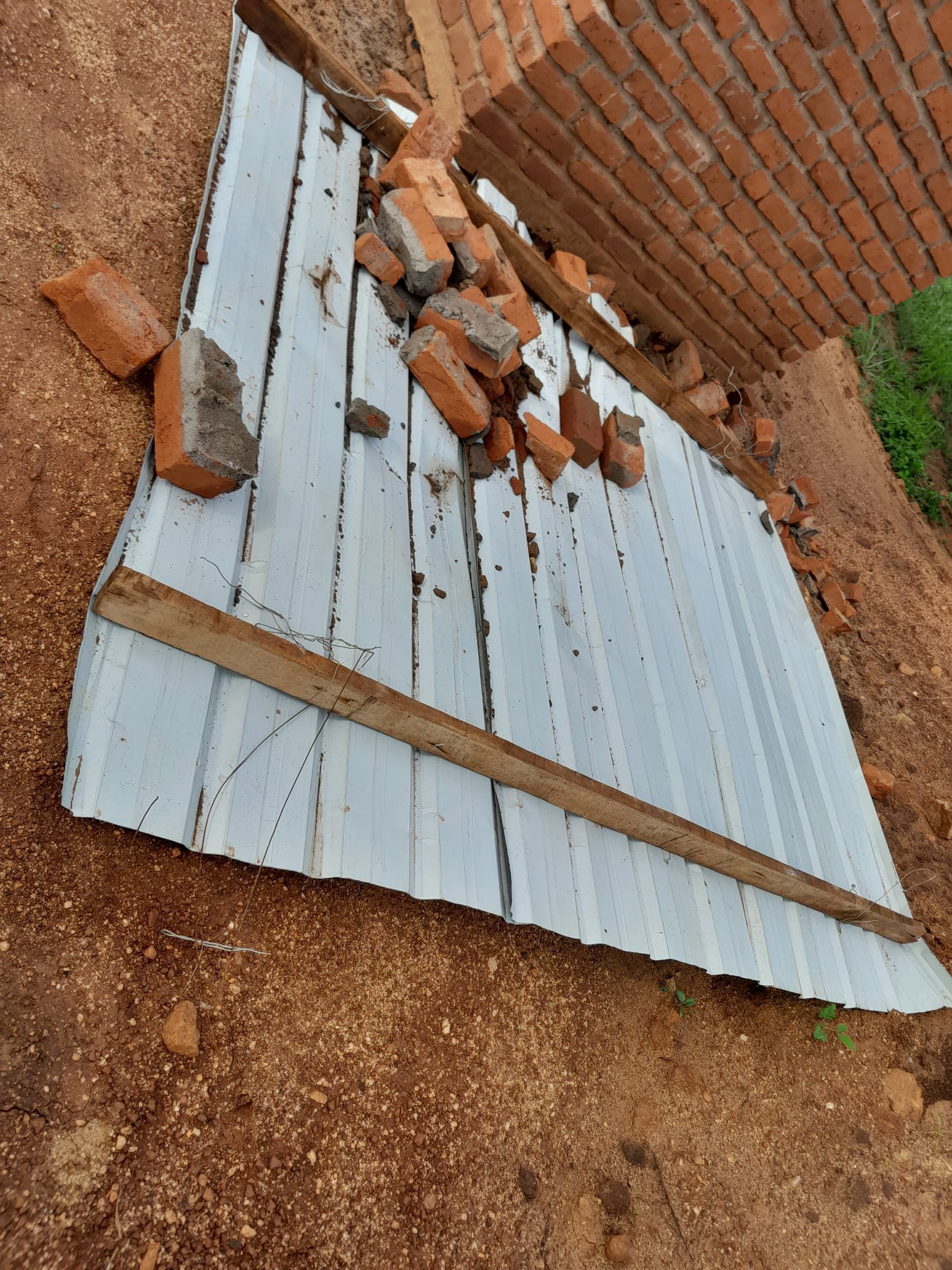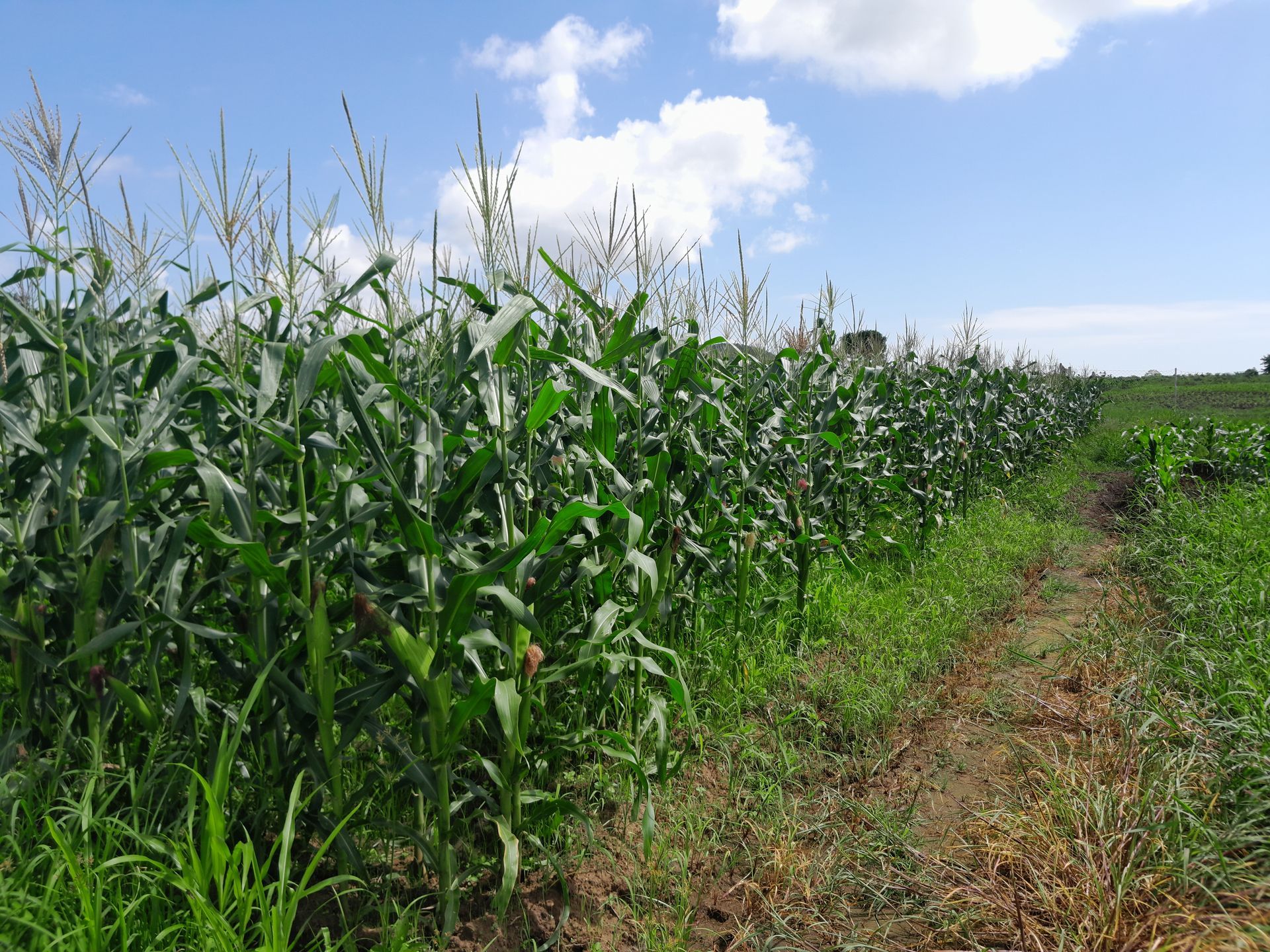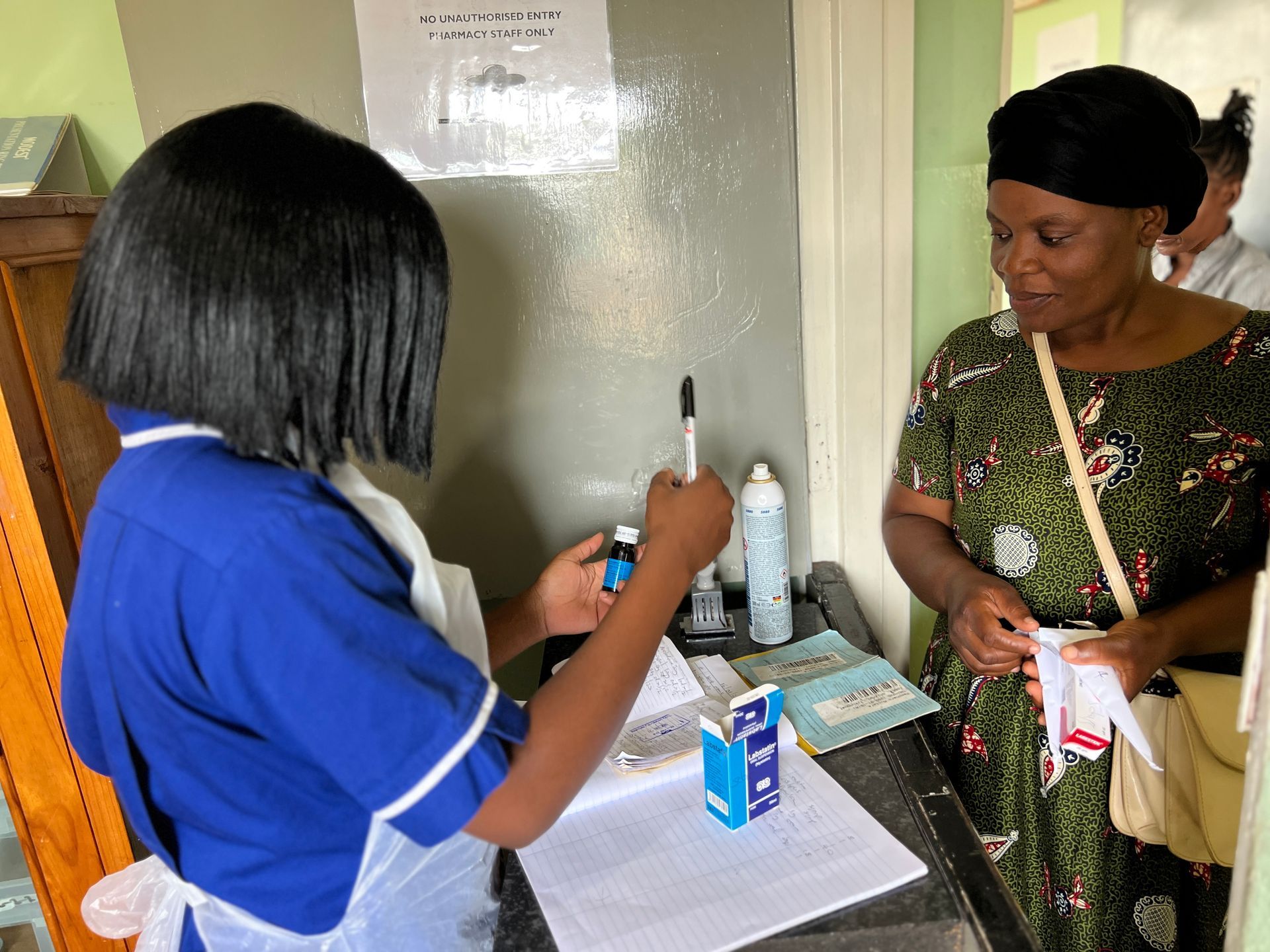Investing in the Future: The Urgent Need for Quality Early Childhood Development in Malawi
Laying the Groundwork for Success: The Critical Role of Early Childhood Development in Malawi’s Future

A nation's future depends on the potential of its youngest citizens, and Early Childhood Development (ECD) plays a crucial role in unlocking that potential. However, nearly half of all pre-primary-age children globally are not enrolled in ECD programs, which deprives them of the cognitive, social, and emotional benefits that these programs provide. In Malawi, the situation is even more critical with only 45.36% of targeted ECD children attending centres.
In response to the growing recognition of the importance of early childhood education, the government of Malawi enacted the National Policy for Early Childhood Development in 2003. This policy, which was revised in 2017 to reflect evolving needs, seeks to address the existing gaps in access and quality of ECD services by aiming for a coordinated approach to providing equitable and high-quality ECD programs.
Why Quality ECD Matters
In the early years of life, a child's intellect, emotions, and social interactions develop rapidly. Any deviation from normal development can reduce a child's potential. Therefore, providing proper attention to a child's early development increases their chances of survival, optimal growth, stimulation, and overall development. These factors are crucial for all future progress and human developmental capabilities.
Challenges Affecting ECD in Malawi
Despite the government's policy efforts, achieving high-quality ECD remains challenging in Malawi. Over twenty years since the policy was first adopted, several impediments still affect the quality and provision of ECD services in Malawi. The following are some of the persistent challenges:
- Lack of Trained Caregivers: Many ECD centres are experiencing a shortage of trained caregivers. Many of these caregivers are volunteers with little or no formal training in early childhood education. This lack of proper training impacts the overall quality and delivery of care, as well as the learning experiences provided to young children. Without a solid foundation in child development, these caregivers may struggle to implement effective teaching strategies, foster appropriate social-emotional interactions, and create stimulating learning environments that cater to the diverse needs of young learners. In cases where caregivers have received some training, centres struggle to retain these professionals as they tend to leave for better-paid positions in private schools or government institutions, creating high staff turnover and inconsistent care for children.
- Poor Infrastructure: Many ECD centres have inadequate and unsuitable infrastructure for young children, compromising safety and learning. Classrooms often lack age-appropriate furniture, limiting children’s ability to engage in activities. Additionally, outdoor play areas, if present, are often unsafe and poorly equipped. Many ECD centers also lack adequate ramps, accessible restrooms, and specialised learning tools, creating barriers for children with disabilities. This marginalises these children further, limiting their access to quality early education.
- Limited Access to Parenting Education and Support: The availability of positive parenting services and support services is minimal, leaving many parents without access to valuable resources. This is especially true for adolescent parents, who often lack the necessary counselling and training in parenting education before becoming parents.
Bridging the Gaps in ECD Access and Quality
At The Sparkle Foundation, we recognise the immense challenges facing ECD in Malawi. However, we are committed to overcoming these obstacles through innovative approaches. Here is how our work focuses on providing quality ECD programs to some of the most underprivileged children:
- A Hybrid Curriculum Combining Local and Montessori Methods: We implement a blended approach that integrates Malawi’s ECD curriculum with the Montessori method, allowing us to meet children’s needs using a child-centred, exploratory learning style. The local curriculum ensures that the children learn in culturally relevant ways. The Montessori approach fosters independence, creativity, and critical thinking, giving them skills that last a lifetime.
- Teacher Training and Continuous Development: We tackle the problem of inadequate teacher training by offering continuous professional development for our ECD educators. Our teachers receive training in the local curriculum and Montessori techniques, which helps them cater to the diverse learning styles of the children.
- Community Engagement and Parental Involvement: Recognising the critical role parents play in reinforcing learning at home, we organise adult literacy programs. These programs equip parents, particularly mothers, with the skills necessary to support their children's early education. This approach strengthens the connection between home and school, ensuring a more comprehensive support system for children's development.
- Targeted Enrollment Through Vulnerability Assessments: We enroll children into our ECD program based on vulnerability assessment of households to identify children from the most vulnerable homes who struggle to access quality ECD programs.
- Specially Designed Classrooms: We segment our classrooms into sections (arts, reading, block and building areas etc.) depending on the age-appropriate needs of our learners. We also have an outside play area. This design ensures that each child's developmental stages are catered to, allowing for personalised learning experiences that support cognitive, social, emotional, and physical growth.
A Path Forward for ECD in Malawi
The future of Malawi depends on its youngest citizens, but realising their potential requires immediate and collective action. Without these efforts, the cycle of limited access to quality ECD will continue, affecting children's futures and the nation's long-term socio-economic growth. By coordinating efforts and investing in infrastructure and educators, we can ensure that every child has access to the quality ECD programs they need to thrive, setting them on a path toward success and building a brighter future for the nation.

GET INVOLVED
ABOUT
JOIN OUR MONTHLY NEWSLETTER
Contact Us
We will get back to you as soon as possible.
Please try again later.



